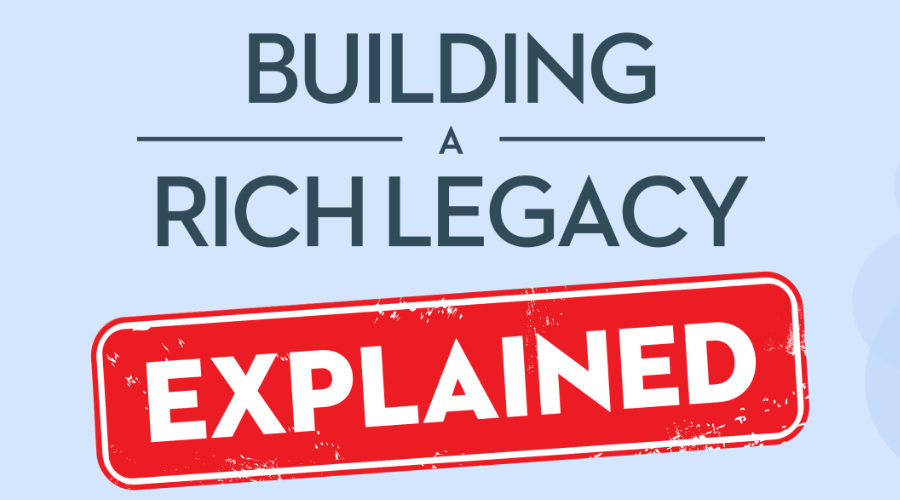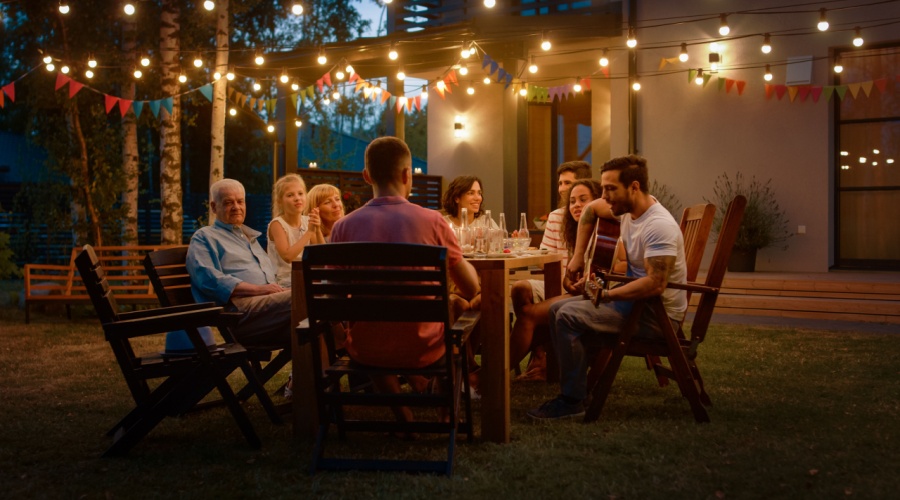There are various reasons why people give up their homes to move somewhere smaller. Some homeowners downsize to be closer to family, or because they’re only in Canada part of the year. Often, though, people consider downsizing because they want to turn the equity in their home into cash. An HSBC survey last year found that a quarter of people in their 50s believe that downsizing will help finance their retirement.
But just how realistic is this expectation? The truth is, there are many costs to downsizing, and not all of them are obvious.
“I understand why people want to sell. They can get equity out of their home,” says Joyce Wayne, 65. Eleven years ago, she downsized from her house in Oakville, Ontario, where she’d lived for almost 20 years. At the time, Joyce expected she’d make a healthy profit to fund her retirement. But now she says she made a mistake. The costs of downsizing – both financial and emotional – were much higher than she expected. Eventually, Joyce upsized again.
Most of us don’t actually want to move. In fact, 93% of us hope to age in place. But people may sometimes feel forced into downsizing because of finances. If that’s the motivating factor, it’s important to be aware of the true costs of downsizing. And it’s important to know that getting a reverse mortgage – a loan that allows you to stay in place and continue to own your home – may be a more desirable solution.
Before you make a decision to downsize, consider these costs:
The cost of fixing up your home
Houses typically need sprucing up before they go on the market. It might mean a fresh coat of paint or a couple of minor repairs. But sometimes it can mean completing a kitchen renovation, as Joyce felt compelled to do, or putting on a new roof. Many homeowners also pay extra for staging. Investments like these are made before you know how much your house will actually sell for, and whether they’ll pay off.
The cost of parting with your stuff
And as the old saying goes, you can’t take it with you. Downsizing means getting rid of furniture, books, family heirlooms and other space-hogging items, and will require making tough, even heartbreaking choices about what you can keep. Joyce couldn’t bear to part with some of her things, and ended up paying $185 extra a month for a storage unit.
The cost of selling and moving
There are many fees associated with selling your home and moving to another one, even when the new home is smaller. Consider real estate agent commissions, closing costs, legal fees and land transfer tax. There’s also the cost of movers, new furniture to fit a smaller home, and possibly fixing up or decorating your new home. You might be surprised to learn that, on average, it costs about $40,000 to downsize from a typical $400,000 home.
The cost of losing your neighbourhood
A downsized home is often in an unfamiliar new neighbourhood, since it’s not always possible to find a cheaper and smaller home in your same community. It means leaving friends, neighbours and that café where the owner always knows your coffee order. “I had a great neighbourhood,” Joyce admits. After downsizing, she says, “I missed the shopkeepers, and I missed the recreation centre where I went swimming.” Often, a less expensive home will be less centrally located, meaning you’re farther from theatres and art galleries – at a stage in your life when you may be looking forward to more leisure time.
The cost of staying indoor
A significant body of research shows the positive benefits to seniors of being able to get outdoors. These benefits include less stress, less pain, better mood and better sleep, among many others. In a smaller home or condo unit with no garden, or with a bank of elevators to reach the front door, people may lose that easy access to the outdoors. After Joyce left her beloved backyard, she says, “I found that I really missed not being able to sit out on the grass, or plant a few flowers.” Of course, owning a piece of the outdoors can mean a lot of physical work, perhaps more than you can or want to keep doing. A Harmony Village survey of older Ontario homeowners found that of those planning to downsize, the number-one reason was to lower property maintenance. A reverse mortgage could enable you to pay for services like lawn-cutting, garden care and housecleaning, while continuing to enjoy your home.
The cost of losing a larger space
Downsizing, by definition, means your living space becomes smaller. It may sound appealing in terms of lugging the vacuum cleaner around, but there are other consequences to reducing the size of your home. If you enjoy hosting dinner parties or out-of-town relatives, you may be unhappy having these activities curtailed by a tiny kitchen or lack of spare bedrooms. Joyce was frustrated that she didn’t have sufficient space for guests. “Entertaining is a real pleasure for me, and I didn’t want to give that up,” she says. Other homeowners want to retain space for their adult children to move back in if needed. Last year, Statistics Canada reported that 42% of young adults in their 20s are living with their parents.
Considering all these costs, perhaps it’s no wonder that a Leger Marketing survey found that almost half of baby boomers who are planning to move actually intend to find a place that’s the same size – or bigger – than their current home. That’s what Joyce did, after her disappointing experience with a smaller home. Her new house provides plenty of room to have friends over. “It’s been three years since we moved out of downsizing,” she says now. “It was the best decision I ever made.”































